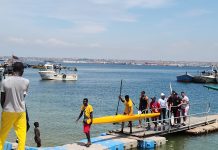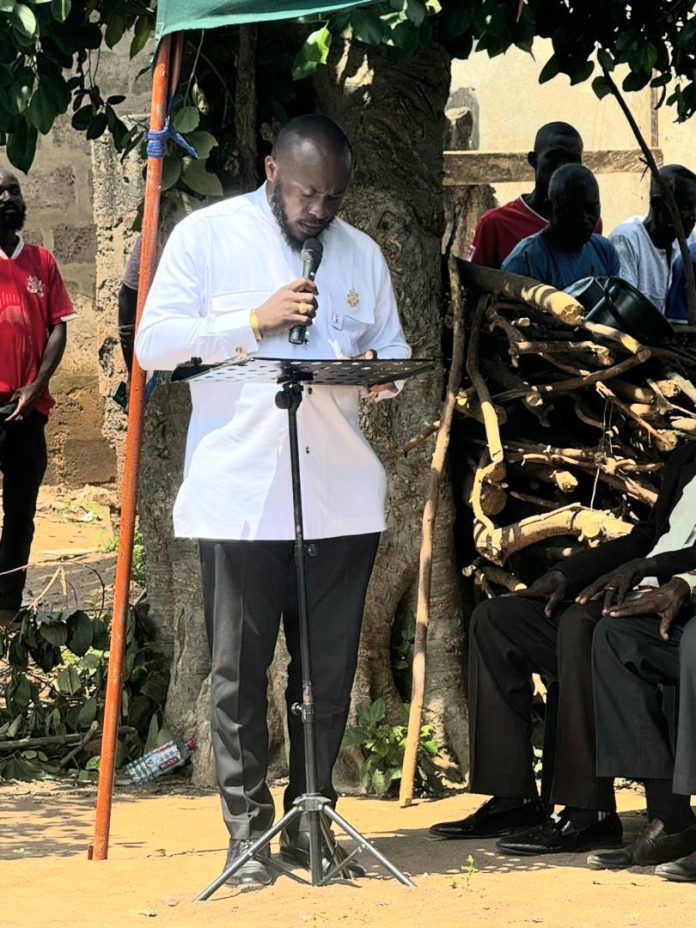Residents of Dodowa Manya are set to benefit from improved sanitation facilities, thanks to a new initiative being spearheaded by NPP Parliamentary Candidate Benjamin Nargeh.
A sod-cutting ceremony, held last month, marked the commencement of a project to construct a modern 12-seater toilet facility, with equal provisions for men and women—6 seats each.
Additionally, the project includes a bathhouse, featuring two facilities for each gender.
This project is expected to be completed within a few months and is part of NPP Candidate Nargeh’s broader plans to enhance infrastructure and promote development across various communities in the Shai Osudoku constituency.
The new facilities are anticipated to significantly improve the quality of life for Dodowa Manya residents by addressing critical sanitation needs and fostering a healthier environment.
Through these initiatives, Benjamin Nargeh demonstrates his commitment to making the Shai Osudoku self-sufficient and improving the quality of life for its residents.
His efforts reflect a broader vision of sustainable development and community empowerment, promising a brighter future for all.
It is therefore not surprising that this environmental campaign has garnered widespread support from the community, with many praising him for the proactive measures to tackle poor sanitation.
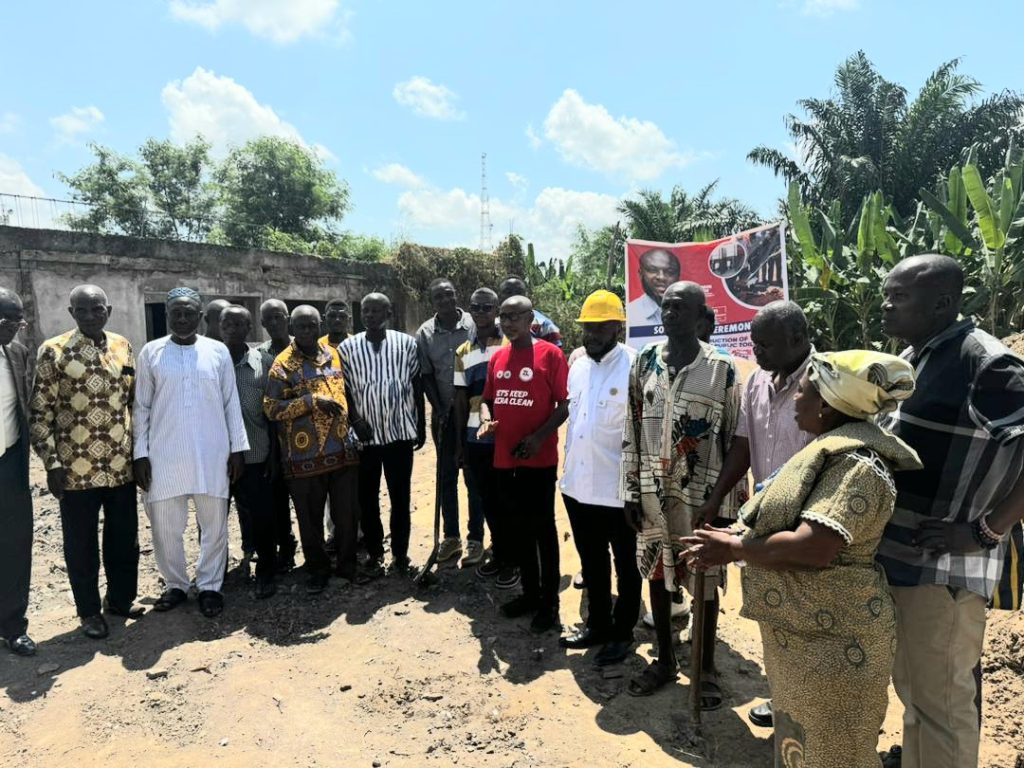
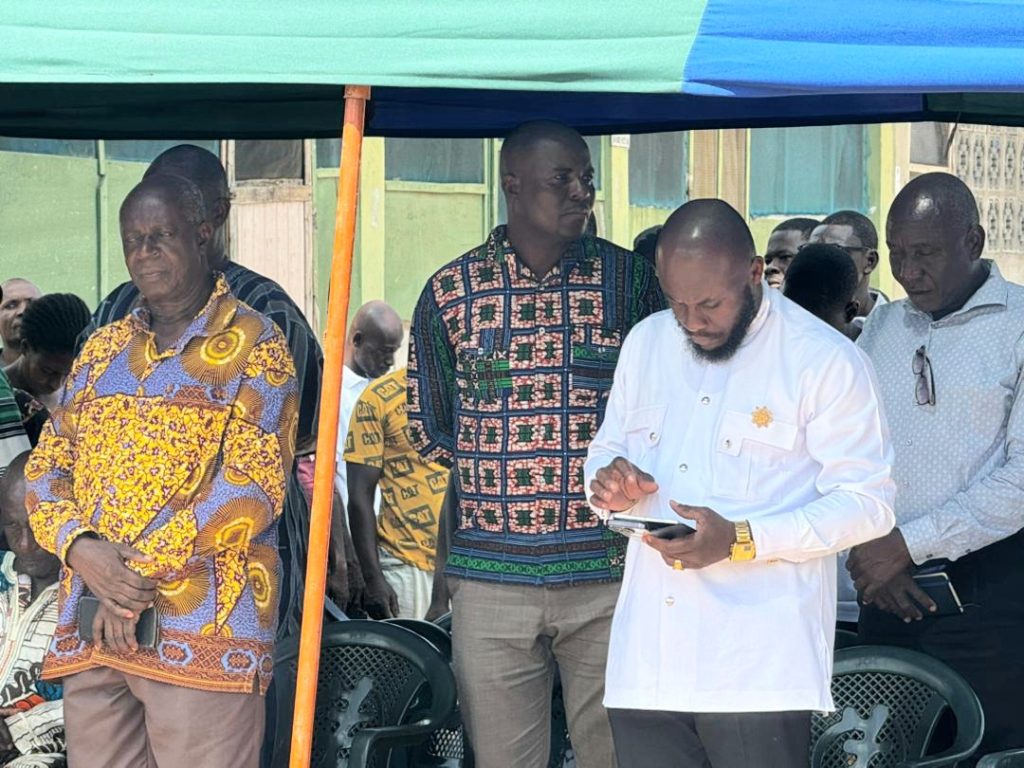
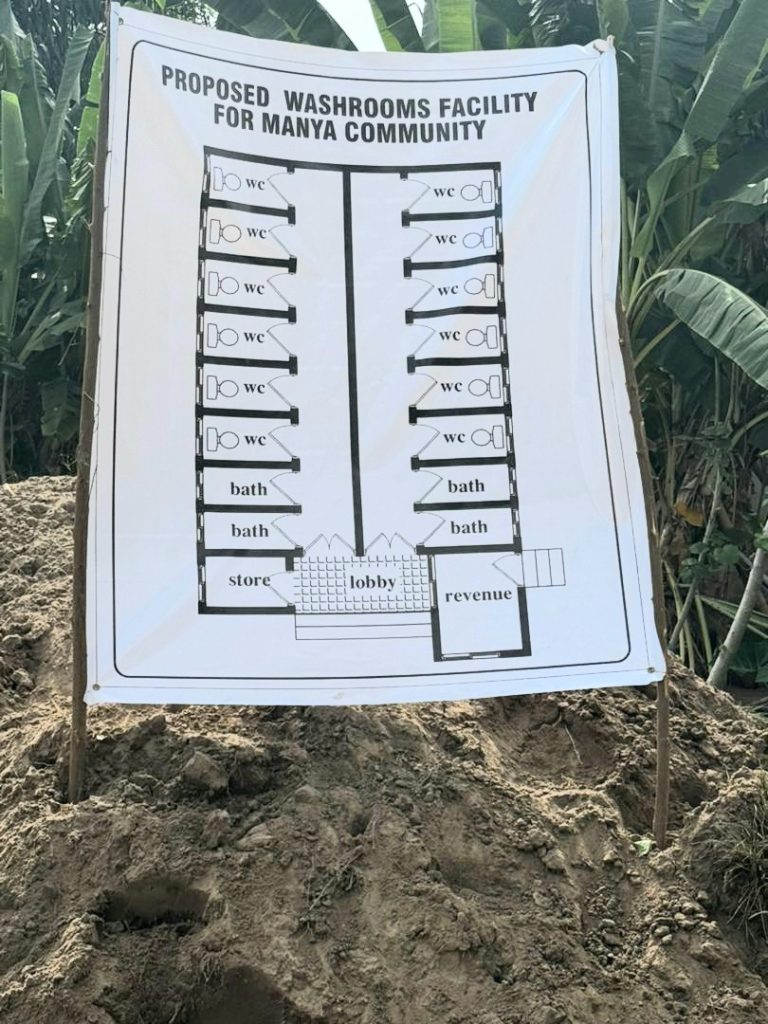
His actions have not only addressed immediate health hazards but have also showcased his dedication to the well-being and future of Shai Osudoku Constituency.
It is also worthwhile to mention that this initiative by Nargeh’s is driving a lot of benefits which include:
• Awareness And Education: Informing the public about the importance of sanitation, the risks of poor hygiene, and ways to maintain a clean environment.
• Behaviour Change: Encouraging people to adopt healthier practices such as proper waste disposal, regular handwashing, and safe water use.
• Community Engagement: Involving local communities in planning and implementing sanitation solutions to ensure they are culturally appropriate and widely accepted.
• Infrastructure Development: Promoting the construction and maintenance of sanitation facilities like toilets, waste disposal systems, and clean water supplies.
• Policy Advocacy: Working with governments and organizations to create and enforce regulations that support environmental health and sanitation.
• Monitoring and Evaluation: Tracking the impact of the campaign to assess its effectiveness and make necessary adjustments.











